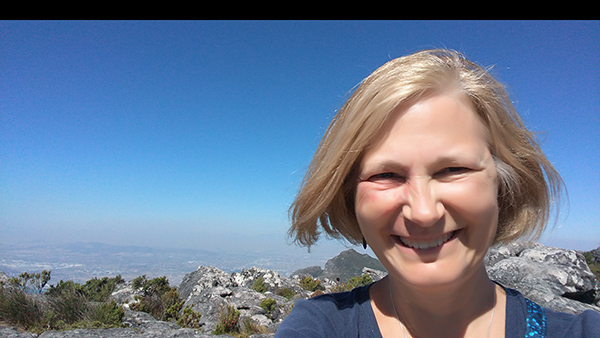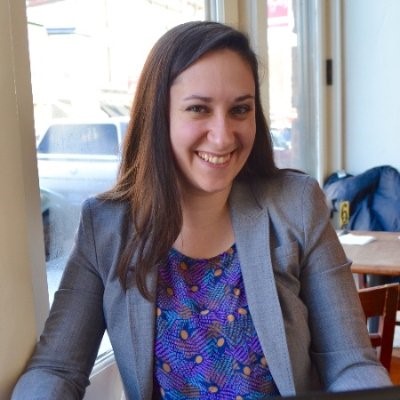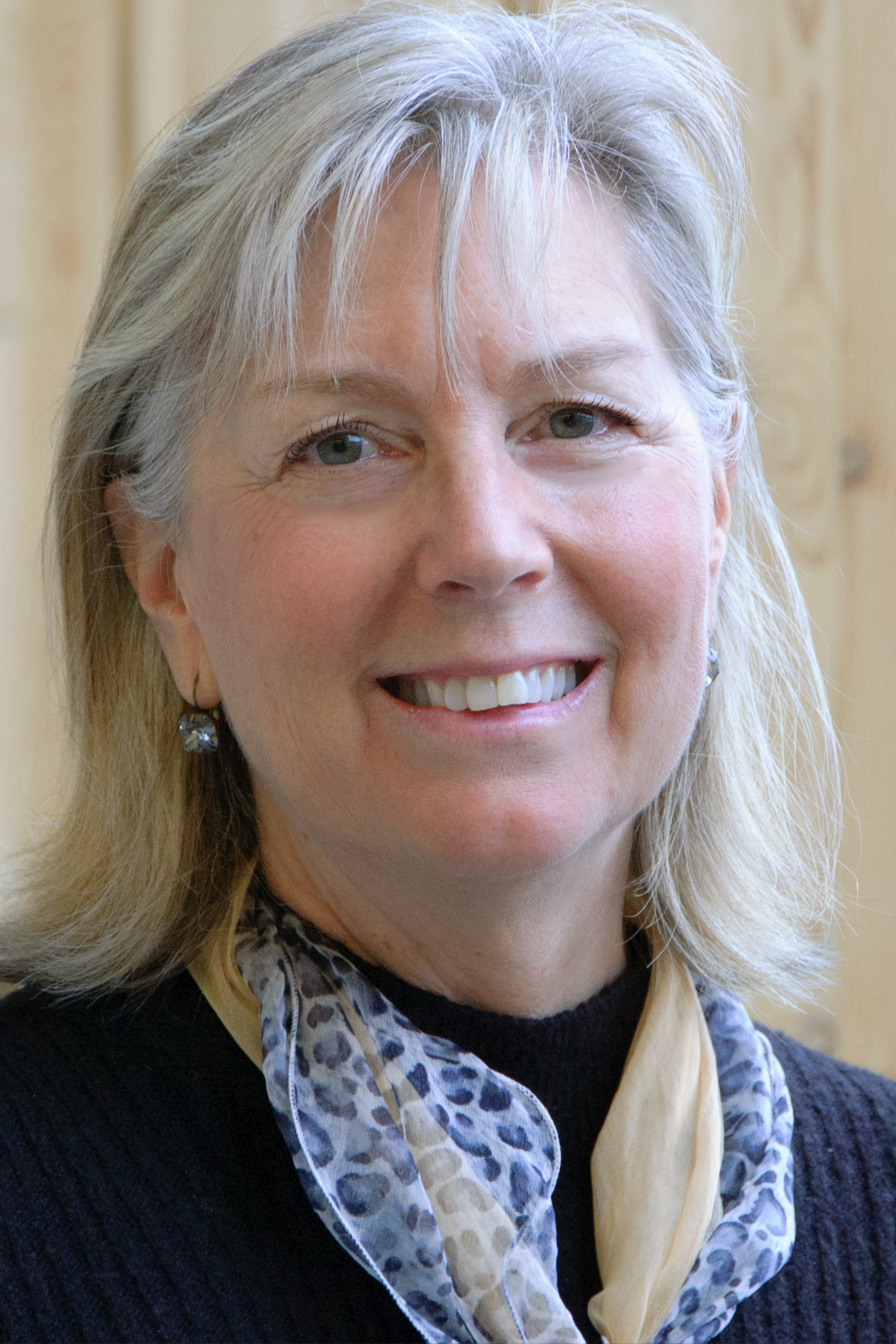Work-Integrated Learning Assessment Workshop
 Facilitator:
Facilitator:
Karen Nulton: Director of Writing Assessment & Associate Professor of English, Drexel University
Dr. Karen Nulton is the Director of Writing Assessment and Associate Professor of English in the College of Arts and Sciences at Drexel University, where she also researches assessment of work-integrated learning (co-op). She just returned from a Fulbright scholarship to Cape Town, South Africa, where she partnered with university colleagues to analyze their work-integrated learning data. She has worked extensively with reflective writing as it relates to teaching and learning. Prior to coming to Drexel, she was a senior assessment specialist at Educational Testing Service (ETS).
 Facilitator:
Facilitator:
Kristen Gallo-Zdunowski: Assistant Director of Cooperative Education, Drexel University
Kristen Gallo-Zdunowski has worked in higher education for 11 years, with the last 6 years spent in cooperative education at Drexel University. Kristen’s current role sits at the intersection of employer needs and student learning where she manages the co-op program for 6 colleges/schools at Drexel, along with a team of co-op advisors. Kristen is researching 21st century skills as a result of work-integrated learning programs while pursuing her Doctor of Education at Drexel University. She holds a Master’s degree from Northeastern University in College Student Development and Counseling and Bachelor’s degree in Psychology from Stony Brook University.
 Guest Presenter:
Guest Presenter:
Nancy Johnston: President, World Association for Co-operative and Work Integrated Education
Dr. Nancy Johnston is the President of the World Association for Co-operative and Work Integrated Education having completed her career at Simon Fraser University in Vancouver, BC Canada, in the role of Vice Provost Students and International.
Nancy was the former Executive Director of Student Learning and Retention and previous Director of Co-operative Education at SFU, as well as a leader in pioneering the implementation of Strategic Enrolment Management (SEM) at the institution. She currently holds an adjunct professorship in the Faculty of Education where she teaches in the areas of experiential and work integrated learning and works with graduate students.
She is a faculty member of WACE’s Institute on High Impact Experiential Learning, and a founding member of the World, National and Provincial WIL Research Committees. She was also a member of the Canadian Bureau for International Education (CBIE) Board and has published in co-op and international education related journals and books on the subject of experiential learning curriculum design, implementation, and assessment as well as international student success.
Recent research includes a study examining experiential education in the BC post-secondary system, and an international research project investigating Sub-Saharan African Student Success after graduation (2016). Dr. Johnston has published several book chapters including one in The World is My Classroom: International Learning and Canadian Higher Education (2013) and another entitled Navigating Continuous Change: A Focus on Self-Direction and Skills and Knowledge Transfer in Work-Integrated Learning in the 21st Century: Global Perspectives on the Future (2017).
Description:
Educators from any school interested in creating or augmenting its work-integrated learning offerings (internship, cooperative education, or flexible-work arrangement) are encouraged to attend the September 11 workshop. This hands-on experience will allow participants to link theory with practice and to grapple with real-world implementation choices. Internationally recognized facilitators will use sample data and scenarios from the Steinbright Career Development Center to engage participants in real-world discussions as they move into the rich and growing potential of work-integrated integrated learning. We recommend that schools send teams of at least three to facilitate post-conference planning and implementation. Attendees are strongly encouraged to register for the full day experience, though half-day sessions are available.
The morning sessions will explore how to create, run, and assess a WIL program.
Sessions will include:
- Cultivating and maintaining professional work partnerships
- Managing student applications for work opportunities and matching students with employers
- Awarding credit for work-integrated learning and incorporating it with school curriculum
- Collecting and analyzing assessment material from students and employers
- Analyzing qualitative data to augment information from quantitative data
The afternoon sessions will focus on how to make clear links between academics, work-integrated learning, and research
Sessions will include:
- Using data from work-integrated learning to inform curricular changes
- Using WIL data to facilitate faculty research programs
- Analyzing WIL qualitative and quantitative data
- Linking curricular efforts to WIL efforts
Full day participants will leave this institute with a solid foundation in how to
At the end of this workshop, participants will be able to:
- Create and augment work-integrated learning experiences
- Partner with faculty on work-integrated learning research
- Use data from work-integrated learning experiences to enrich curriculum
- Contact a network of colleagues both nationally and internationally